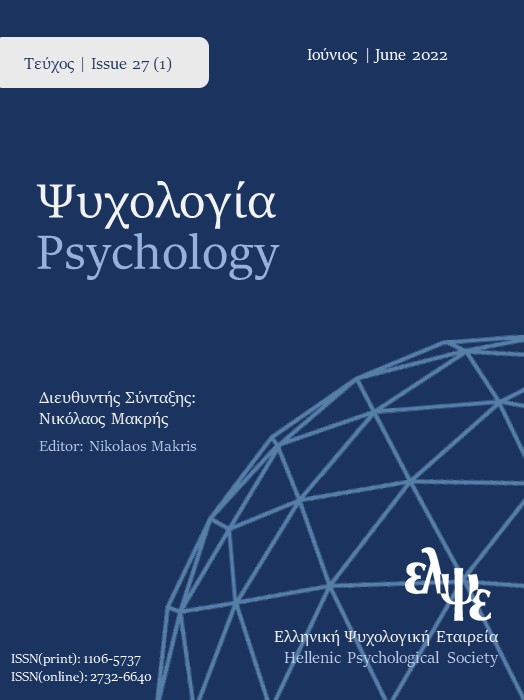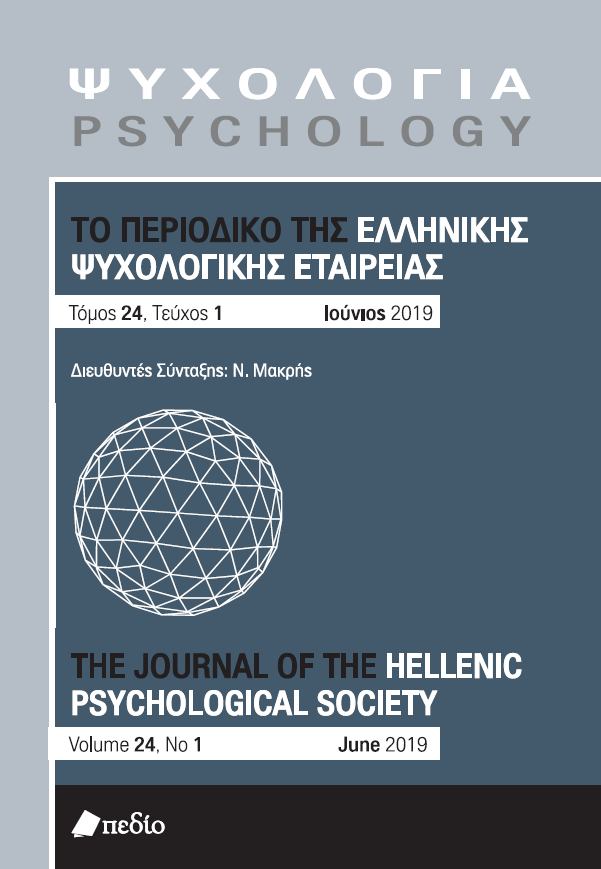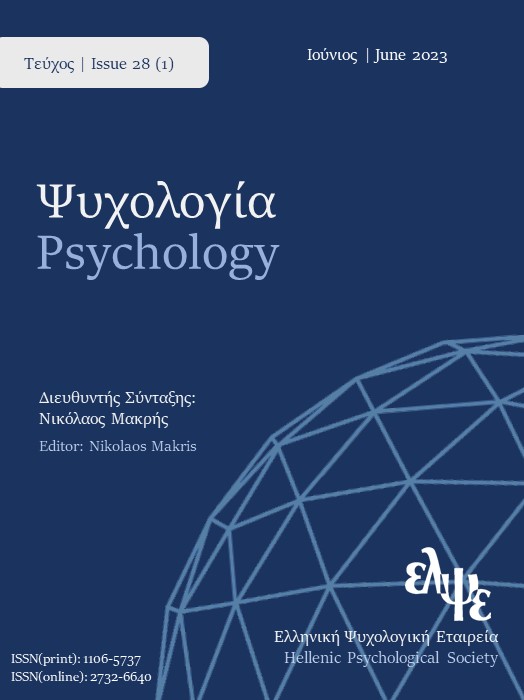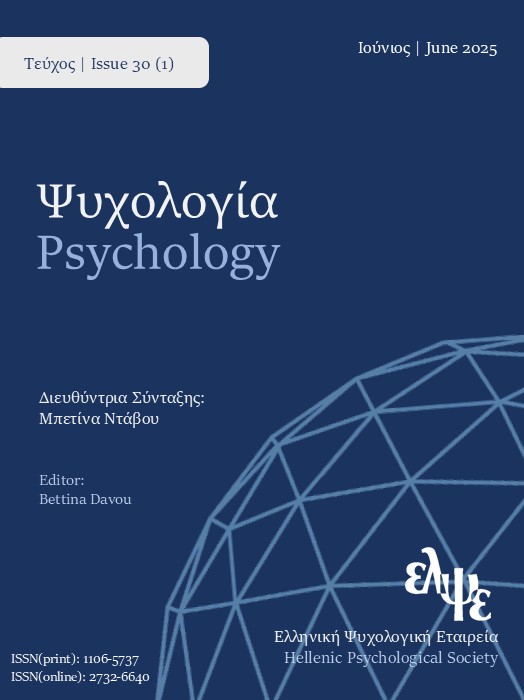Individual and social predictors of Greek early adolescents’ self-determination: A longitudinal structural equation analysis
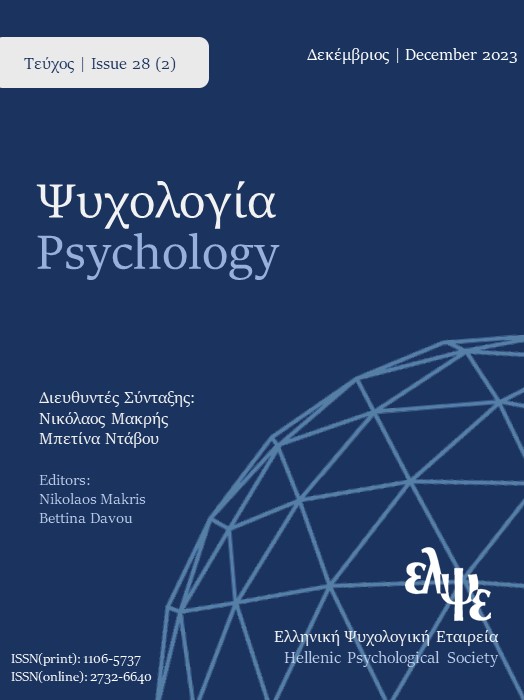
Abstract
Given that early adolescence is a dynamic and vulnerable developmental period, it is important to examine factors that promote adolescents’ individual development and, more specifically, the satisfaction of psychological needs within the framework of self-determination theory. In a two-wave longitudinal sample (N = 218) of Greek adolescents (eighth grade in autumn 2020 and ninth grade in autumn 2021), we used structural equation modeling to determine which individual and social factors longitudinally predict autonomy, competence, and relatedness. The examination of these psychological needs is regarded as a necessary step in designing school-based prevention and intervention programs for adolescents. Individual factors, such as self-esteem, self-efficacy, and depression or anxiety, foster self-determination through social factors, such as recognition and support from teacher and parents, and social resources. Adolescents with a migration background showed lower levels of social factors. The model was gender invariant and indicated that social agents (teachers and parents) and social resources predict a very large proportion of variance in early adolescents’ individual development. These findings support the view that early adolescents’ development depends on social factors through the satisfaction of psychological needs.
Article Details
- How to Cite
-
Kassis, W., Vasiou, A., Govaris, C., Rietz, C., & Graf, U. (2023). Individual and social predictors of Greek early adolescents’ self-determination: A longitudinal structural equation analysis . Psychology: The Journal of the Hellenic Psychological Society, 28(2), 176–194. https://doi.org/10.12681/psy_hps.31471
- Section
- RESEARCH PAPERS

This work is licensed under a Creative Commons Attribution-ShareAlike 4.0 International License.
The journal PSYCHOLOGY adopts a Platinum open-access policy. Submission, processing or publication costs are waived by the Hellenic Psychological Society. Papers published in the journal PSYCHOLOGY are licensed under a 'Creative Commons Attribution-ShareAlike 4.0 International' licence. The authors reserve the copyright of their work and grant the journal the right of its first publication. Third-party licensees are allowed to use the published paper immediately after publication as they wish, provided they retain the defined by the license copyright formalities, regarding the reference to its author(s) and its initial publication in the journal PSYCHOLOGY. Moreover, any adjusted work should be shared under the same reuse rights, so with the same CC license.



